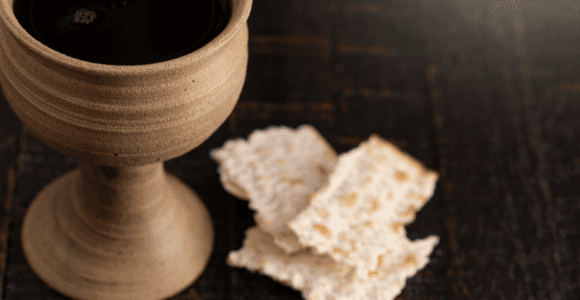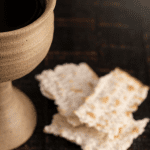Welcome readers! Please subscribe through the button on the right.
(Read this series from the beginning at Part 1 and Part 2.)

Why all this “nerding out” over the story detail differences in the gospels, Paul, and the Didache? What’s the point?
The the point is that there is no one right way to celebrate or memorialize Jesus last supper. If you, like me, have come to find more life in a story that isn’t about someone dying, but about how life and love overcame and reversed everything the state attempted by executing Jesus, how love and life overcome death, fear, bigotry and hate, then you also have options in how you remember Jesus’ last supper. We don’t have to remember Jesus’ last supper in a way that glorifies death, even if it’s Jesus’ death. We don’t have to perpetuate the harms pointed out by Williams above and others.
Jesus most certainly broke bread and shared cups with people from all social and economic locations, those at the center and those on the margins. The egalitarian inclusivity he demonstrated with his meal practice of sharing resources, specifically food, was at the heart of the vision Jesus had for human community. And it also can become a ritual for us, when we interpret it as such, that transforms and shapes us into people who share resources with one another in our own ways and contexts today. How we celebrate rituals determines the kind of humans those rituals shape us into being. I like the shared table way of remembering a Jesus who, realizing what was coming, chose to share an open table with his disciples one last time.
Ritualizing this reminds me of the kind of world I want to be creating every day.
It’s a world where our bread and wine are not hoarded but shared. A world where we are all connected. A world where no one is fully thriving till we are all thriving.














